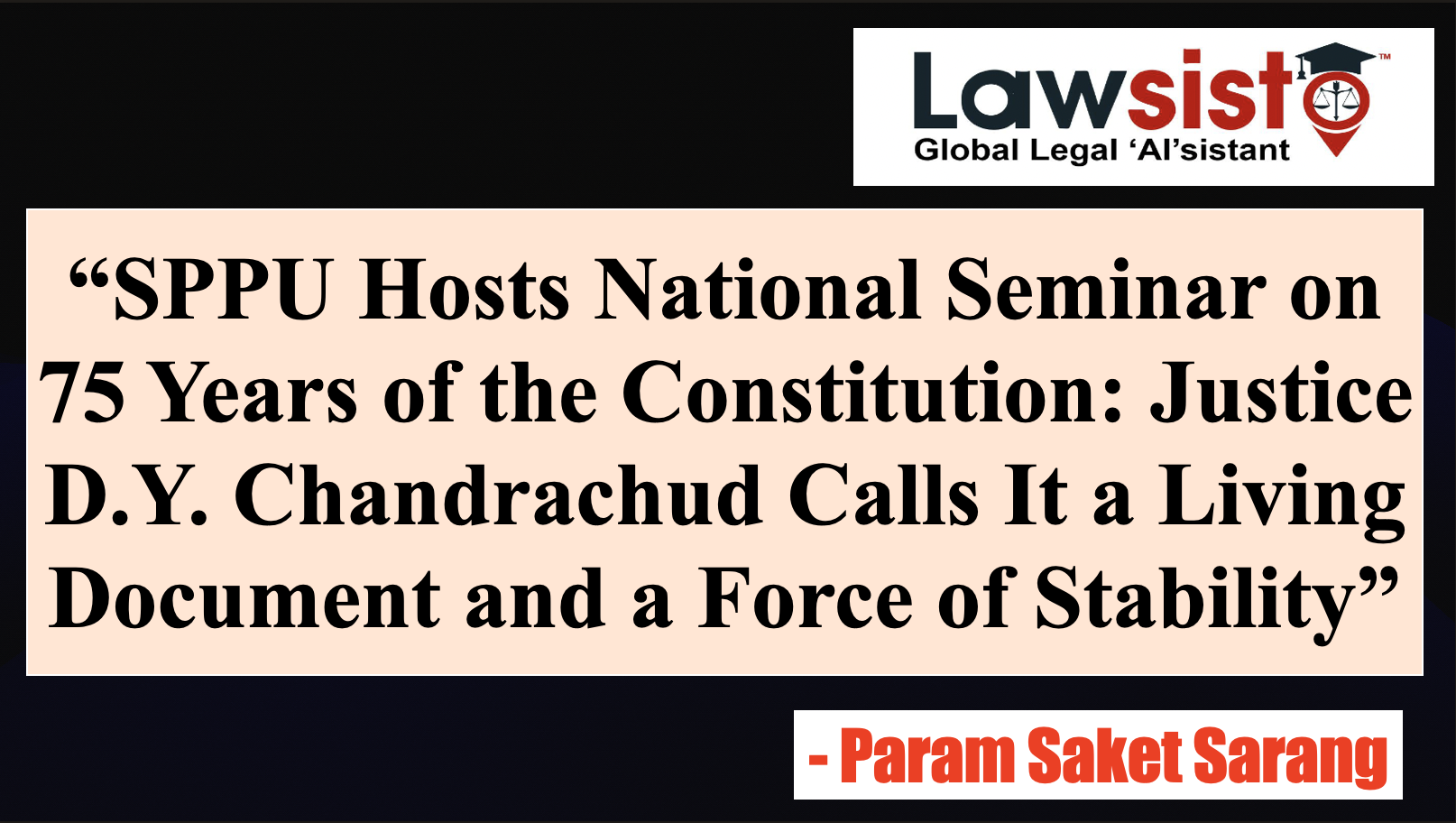Latest Articles
Karl Marx: Debates on the Law on Thefts of Wood

Karl Marx never developed a systematic theory of law as such but he has offered great many insights that are scattered throughout his writings that allow us to piece together his broad notion of law and the way that it developed over time. Some of the insights can be thought of as an economic base of social relations versus law as a superstructure or the critique that law is a false universal – it claims to articulate the reasons and interests of all members of the society but it in fact, represents a particular class that is bourgeoise. All of these insights throughout his work, collectively, have held a great sway over later developments in the philosophy of law such as critical legal theory.
His teachings can be broadly grouped into 2 main phases – Early Marx and Later Marx. The first one covers the period from 1842 with his writings on the debates on Thefts of Wood and continues up to the publication of The Communist Manifesto in 1848. The Later Marx covers a period from 1859, when he published his Critique of Political Economy and continues to his writing in 1875 known as the Critique of the Gotha Program.
Debate on Law on Thefts of Wood (1842) is a work of his which he published before he became Marxist himself. Marx was at the time working for a German newspaper called the Rheinische Zeitung and he broadly had liberal ideas – being pro poor and radically democratic, but his ideas were broadly conceptualized as left winged. Marx’s serious attention towards the class struggle and his ignorance of political economy was a problem of theft and with regard to this, he published 5 articles in the newspaper between October 25th to November 3rd of 1842.
In this period in Germany, forests and wood were privately owned. The property owners of these woods slowly agitated to ensure that the long held practice of common people walking through the woods and picking up broken wood for firewood or other uses must be stopped. This practice had gone on for centuries but the ownership of these forest by noble families etc represented, in some respects, the basic liberal paradigm of private property so the State, under the banner of protecting universal interest which is private property, implemented a regime that did not allow the poor to collect fallen wood. What Marx realized in this moment was that something that claims to be universal like the State’s interest in protecting private property is in fact applied in a particularist manner. So the claimed universal is in fact monopolized by a particular class, the bourgeoisie, in order to protect its own interests. In other words, Marx concludes that the law on the thefts of wood is merely an instantiation of the more fundamental privatization of the State. An eloquent passage that Marx describes this process quotes “The wood thief has robbed the forest owner of the wood but the forest owner has made use of the wood thief to purloin the state itself.” So through this argument Marx claims that private owners make use of supposedly universal principles to own the State.
















































































































































































































































































































































































































































